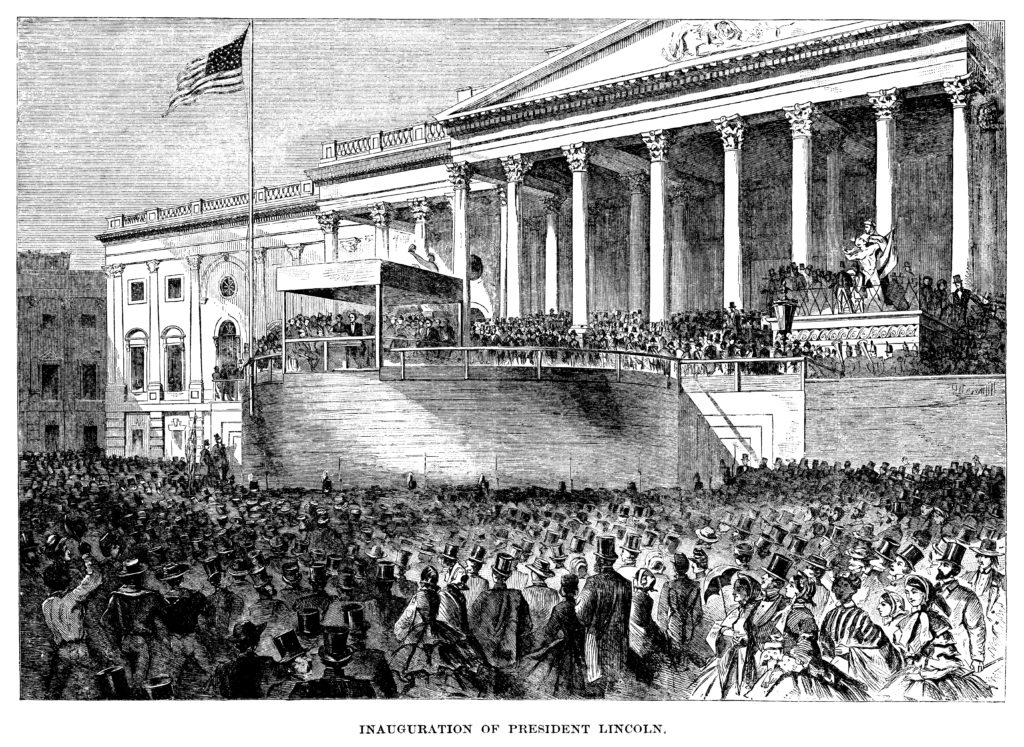This date in history marks the inauguration of a number of U.S. Presidents. It is a good date to look at famous speeches and what they include and why.
Traditionally, teachers have encouraged students to engage with and interpret literature—novels, poems, short stories, and plays. Too often, however, the spoken word is left unanalyzed, even though the spoken word has the potential to alter our space just as much than the written.
After gaining skill through analyzing a historic and contemporary speech as a class, students will select a famous speech from a list compiled from several resources and write a piece that identifies and explains the rhetorical strategies that the author deliberately chose while crafting the text to make an effective argument. Their analysis will consider questions such as
- What makes the speech an argument?
- How did the author’s rhetoric evoke a response from the audience?
- Why are the words still venerated today?
Nearly everything we read and hear is an argument. Speeches are special kinds of arguments and should be analyzed as such. Listeners should keep in mind the context of the situation involving the delivery and the audience-but a keen observer should also pay close attention to the elements of argument within the text. Interested in digging deeper? Check out this lesson plan from ReadWriteThink.org.
If students want to learn more about inaugural speeches, the resource guide US Presidential Inaugurations: “I Do Solemnly Swear…” presents information about presidential inaugurations and digitized primary source materials, including photographs, manuscripts, campaign posters, letters, broadsides, and inaugural speeches.
There is also an Inaugurations feature presentation on the Teachers Page at the Library of Congress. This feature is designed for teachers and students.
What speeches do you use with students?
Lisa Fink is an NCTE Staff Member, a former elementary teacher, and a current university instructor at the University of Illinois, Urbana-Champaign. She can be reached on Twitter @fink_girl.
Curious about the NCTE and Library of Congress connection? Through a grant announced by NCTE Executive Director Emily Kirkpatrick, NCTE is engaged in ongoing work with the Library of Congress, and “will connect the ELA community with the Library of Congress to expand the use of primary sources in teaching.” Stay tuned for more throughout the year!
It is the policy of NCTE in all publications, including the Literacy & NCTE blog, to provide a forum for the open discussion of ideas concerning the content and the teaching of English and the language arts. Publicity accorded to any particular point of view does not imply endorsement by the Executive Committee, the Board of Directors, the staff, or the membership at large, except in announcements of policy, where such endorsement is clearly specified.

